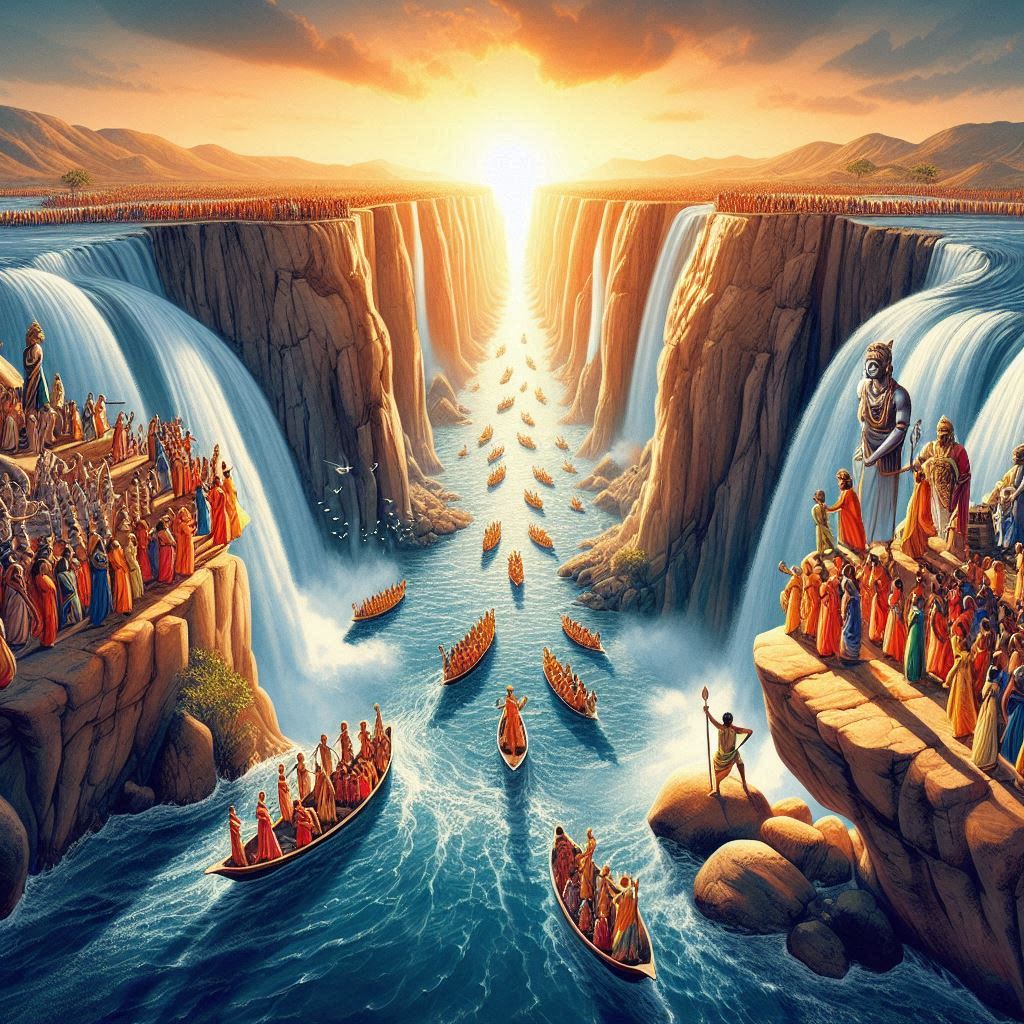The glory of ancient India is not unknown to one, from excellence in philosophy, science, mathematics, medicine, geography, literature, and astronomy to being the motherland of some of the world’s greatest and most influential people. The vast expanse of the state that inhabits varied people brings with it cultural, ideological, economic differences which call for a structured governance model and a robust legal system. The basic tenet of our ancient legal system relies on dharma and not in the narrow sense to mean religion but in a broader encompassing righteousness and duty of moral and legal nature.
The advent of the British in India in early 1600 AD, later led to the introduction of various codified laws. Even when they had a strong western philosophical influence, while enacting them in India, British lawmakers did not omit the pre-existing fundamental legal morals.
Contemporary laws of our country can be traced down to customary practices and religious prescriptions that prevailed in the Vedic age (1500 BC- 600 BC) pronounced by wise sages. It reflects the farsightedness of the ancient Indian legal scholars as their treatises are still relevant. Various principles such as duties of king (Raj Dharma), civil law (Vyavahara) and criminal law (Prayaschitta), women’s rights, law of property, inheritance and marriage emanated from Smritis (Hindu texts other than Vedas or Shruti) of Gautam, Yagnavalkya, Narad, Vishnu, Vasisht, Apastamba, Baudhayana. Other popular works are Dharmasutra by Rishi Gautama and Arthshastra by Kautilya.
According to Vedas, Dharma, Artha, Kama, and Moksha are the four purposes of human existence. Dharma is derived from the root word ‘dhri’ means ‘to hold’ or ‘to support’.
Upholding the dharma became the duty of utmost importance as it was a practical solution to the problems rooted in natural desires of the human race that is to acquire wealth and material assets (Artha) and gratification of senses (Kama). The Principles of dharma set the standards and an ideal code of conduct that was expected to be followed by the members of a civilised society. The aforesaid duty owing to a sense of discipline and desire to uphold democratic and fair conduct has continued to reflect itself in Part IV-A of our constitution as Fundamental Duties. Despite the inspiration of Fundamental Duties being taken from the constitution of erstwhile Soviet Union, its traces to Vedic times cannot be denied.
Similarly, raj dharma is the obligation of a king towards his subjects with the spirit of ensuring peace and prosperity of the people with the underlying obligation of providing equal protection and impartiality in his conduct. The king was regarded as an upholder of legal sanctity in society as not as a dictator above the law. Rule of law formed the basis of legal theory even then where everyone including the king was subject to the law. He has to possess certain qualities to assume the duty of providing justice as mentioned in the Yajnabalkya Samhita, one is to be well versed with Vayavhara (law of judicial proceedings and dharma). Upon failure to comply with rules or faulty dispensation of justice, he is
expected to lose his right to rule. The Mahabharata mentions “A King who after having sworn that he shall protect his subjects fails to protect them should be executed like a mad dog”.
Rather than the office of the king, we have the Indian constitution as the highest legal authority, upon which any other legislation or regulation is based. And one of its basic structures is the Rule of Law, as explained by A.V. Dicey as “the absolute supremacy or predominance of regular law as opposed to the influence of arbitrary power or wide discretionary power”, that remains intact in its sense.
The principle of dharma transcended the passage of time. It evolved from a moral leaning concept to a more legal concept such that the Constitution is itself a representation of dharma, retaining the fundamentals of rule of law, duty towards others, justice and fairness. As citizens of India, we must acknowledge the foundations of our legal principles and judicial system. Dharmo visvasya jagatah pratishtha means law is the support of the entire world, now the duty is bestowed upon us to uphold justice for the global good.





